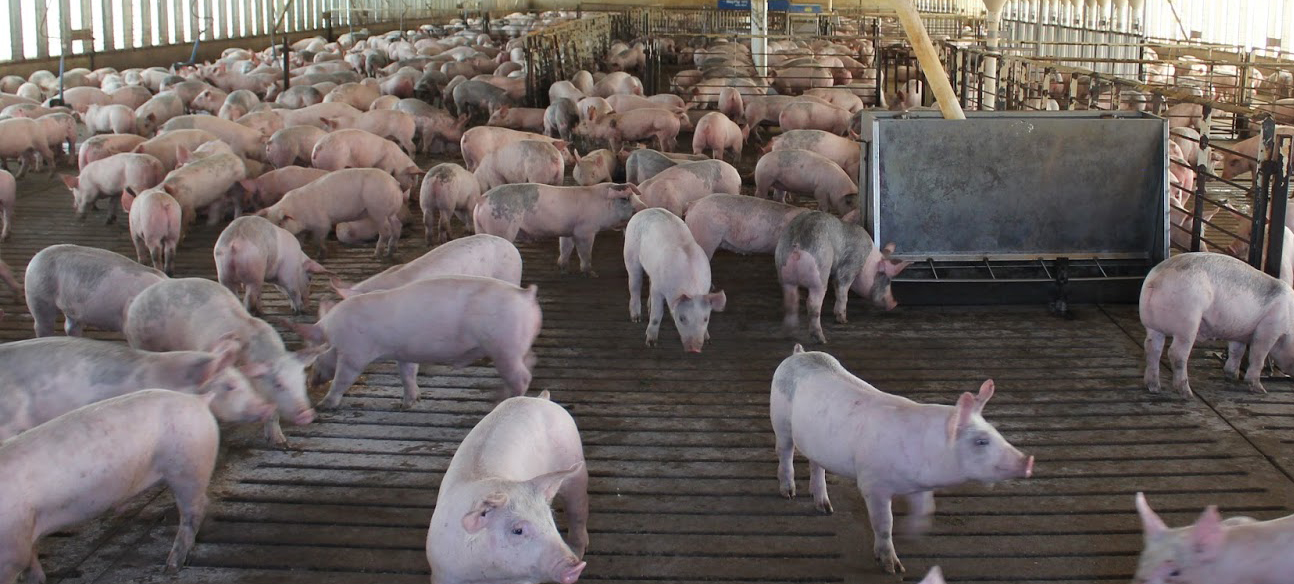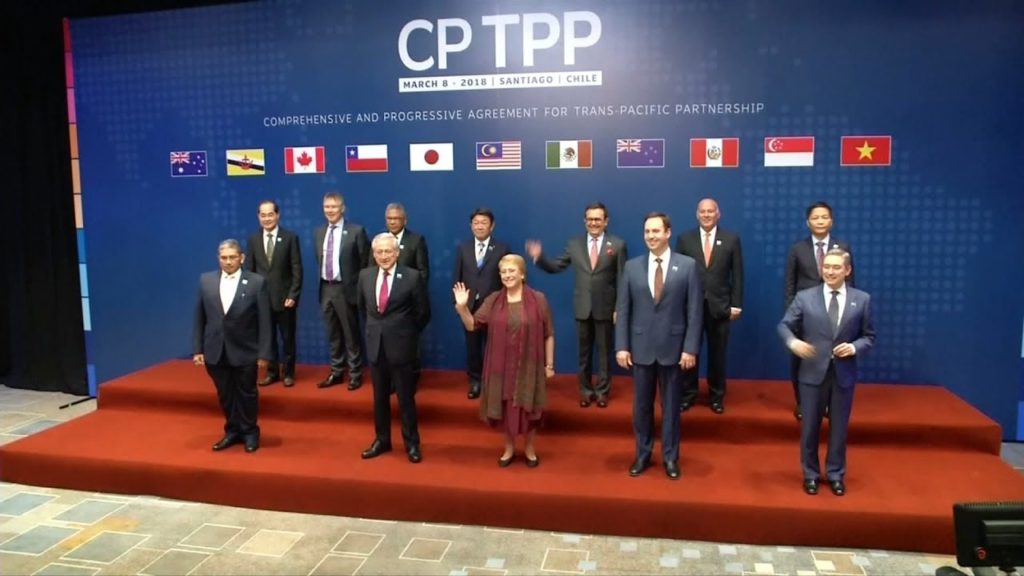What Does the CPTPP Deal Really Mean for Canada?

Canadians can expect to see more foreign dairy products on store shelves under a new trade agreement that began to take effect Sunday, while the country’s beef and pork producers are expected to make major inroads into new markets
by Ryan Flanagan – CBC News
The deal, known as the Comprehensive and Progressive Agreement for Trans-Pacific Partnership, or CPTPP, was completed earlier this year. A previous version of the deal was agreed to in 2016 but later had to be reworked after the U.S. pulled out.
The deal has been ratified in six countries, including Canada, and took effect Sunday in those nations – a list which also includes Australia, Japan, Mexico, New Zealand and Singapore. Vietnam will be added to the partnership Jan. 14, with Brunei, Chile, Malaysia and Peru to follow once their governments ratify CPTPP.
“The big advantage for us is that the United States is not part of this”
While Canada already had free trade agreements with Chile, Mexico and Peru, CPTPP represents the first such arrangements with Australia, New Zealand and the five Asian nations.
A federal analysis claims the deal will provide Canada with a net positive economic impact, largely because many of the countries in CPTPP have higher tariffs than Canada on average. This means the loss of government revenue by allowing those countries tariff-free access to the Canadian market will be more than offset by gains made by producers and consumers.
The overall impact to Canada’s GDP has been estimated at $4.2 billion per year. More than three quarters of the estimated net annual savings is expected to come from Japan.
“Japan’s one of the biggest markets in the world – a market we’ve been trying to get access to since the days of Pierre Trudeau,” Colin Robertson, a former Canadian diplomat, said Sunday on CTV News Channel.
According to Global Affairs Canada, CPTPP is expected to lead to an annual increase of $1.8 billion in Canadian exports to Japan. That figure includes an additional $639 million in pork exports after 10 years, as well as beef exports nearly doubling after 15. Japan is also expected to welcome significant increases in wood, metal and chemical products from Canada.
Overall, Canadian pork exports are expected to increase by more than 10 per cent and beef exports by about 9.5 per cent. Sugar and leather exporters will also see significant access to new markets.
Canadian exports to Australia are expected to increase by about $690 million per year, or nearly 12 per cent of their current value. Transportation equipment and machinery account for about half of that figure.
On the other hand, exports to Mexico, Chile and Peru may fall because more countries now have access to the tariff-free status Canada already enjoyed.
Canadian dairy producers have criticized the deal for opening up 3.25 per cent of Canada’s dairy market to CPTPP-signatory countries at the same time U.S. access to the market rises to 3.59 per cent under the CUSMA free-trade pact.The tariff-free dairy imports permitted through CPTPP are expected to account for about $135 million per year in foreign product entering the Canadian market. New Zealand cheese could be one product showing up more often on Canadian shelves.
Total imports to Canada are expected to rise by nearly $7 billion per year. That increase will largely be driven by vehicles and chemical products from Japan, as well as clothing, textiles and leather products from Vietnam.
Robertson said Canada may benefit further from the “first-mover advantage” that comes with reaching a new market before other countries do.
“The big advantage for us is that the United States is not part of this,” he said.“It gives Canadian farmers a preferred access to this big market.”
Labour groups including the United Steelworkers union have criticized a provision in the agreement which they say allows multinational corporations the ability to sue governments in Canada.
Prime Minister Justin Trudeau appears to be attempting to reach further free-trade agreements with Asian nations. He said last month that he wants to work toward one such deal with the ASEAN nations – a group which includes some CPTPP signatories as well as other countries including the Philippines, Singapore and Thailand.
With files from The Canadian Press













